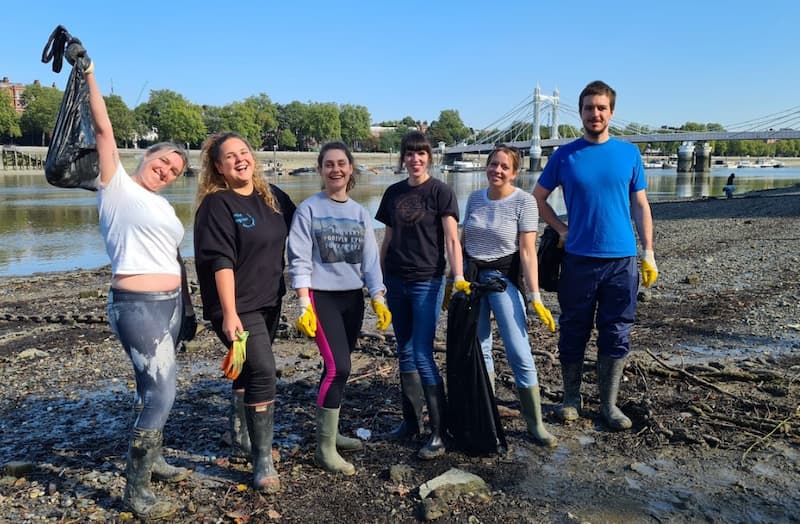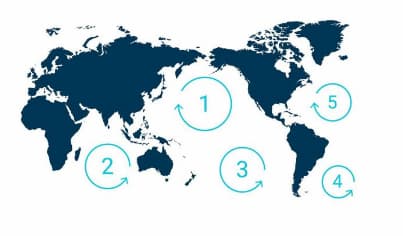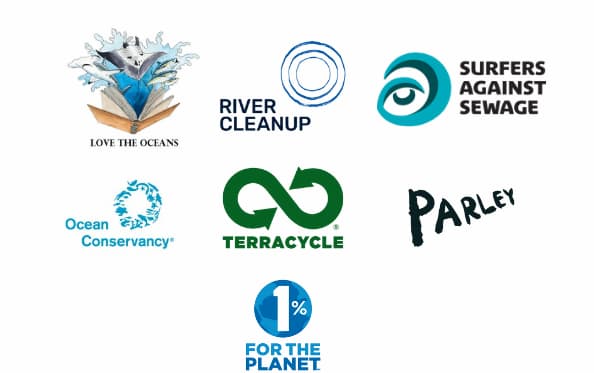Do you know what really ruins a beach trip? (Other than a seagull stealing your chips, obviously...) Beach trash.
Everything we do at Good-Loop is centered around making the world a more positive place. So, we took advantage of International Coastal Clean-Up day to head to the beach! Our team volunteered up and down the UK, from Edinburgh to London to take part in events such as The Big Wet Wipe Count, and the Portobello Beach Clean.

Our oceans are extremely important. They represent 99% of the living space on Earth, provide livelihoods and nourishment for more than 3 billion people, bring $3 trillion into the global economy each year and provide over 50% of the oxygen we breathe. But, unfortunately, over 1.15 to 2.41 million tonnes of plastic ends up in them each year.
The earth is literally drowning in it's own waste. By 2050, it is estimated there will be more plastic in the ocean than fish (by weight). Do you know what is even more terrifying? Plastic doesn't break down, it breaks up. This means all plastic ever created is still on this earth today, but it is just breaking up into smaller and smaller pieces. Microplastics can be found in every stage of the ocean food chain.
"Which means yes, the fish you put in your tuna butty, probably has microplastic in it."

There are 5 large garbage patches in the world's oceans, the largest of which is called "The Great Pacific Garbage Patch" and is currently estimated to weigh around 80,000 tons, and cover a surface of approximately 1.6 million square kilometers (for reference- this is 3x the size of France). This patch is thought to contain a total of 1.8 trillion floating plastic pieces - that is equivalent to 250 pieces of debris for every human in the world.
What happens to trash that doesn't get caught in these patches? They wash up on shores all over the world. So that trash you saw on your beach trip? That might have come from Indonesia, Mozambique, or even Australia!
So how can you stop this?
International Coastal Clean-Up Day was started as a way to raise awareness about the growing pollution on various beaches of the world. Whilst going to your local beach and picking up litter is an excellent way to help tackle the pollution crisis, for those who do not have access to a beach, you can help tackle this issue at its source, or even support charities who work in this sector. Here are some fantastic charities, some of which we've been able to work with through Ads For Good:
- Love The Oceans
- Surfers Against Sewage
- River Clean-up
- Keep Britain Tidy
- Terracycle
- 1% For The Planet
- Ocean Conservancy
- Parley


